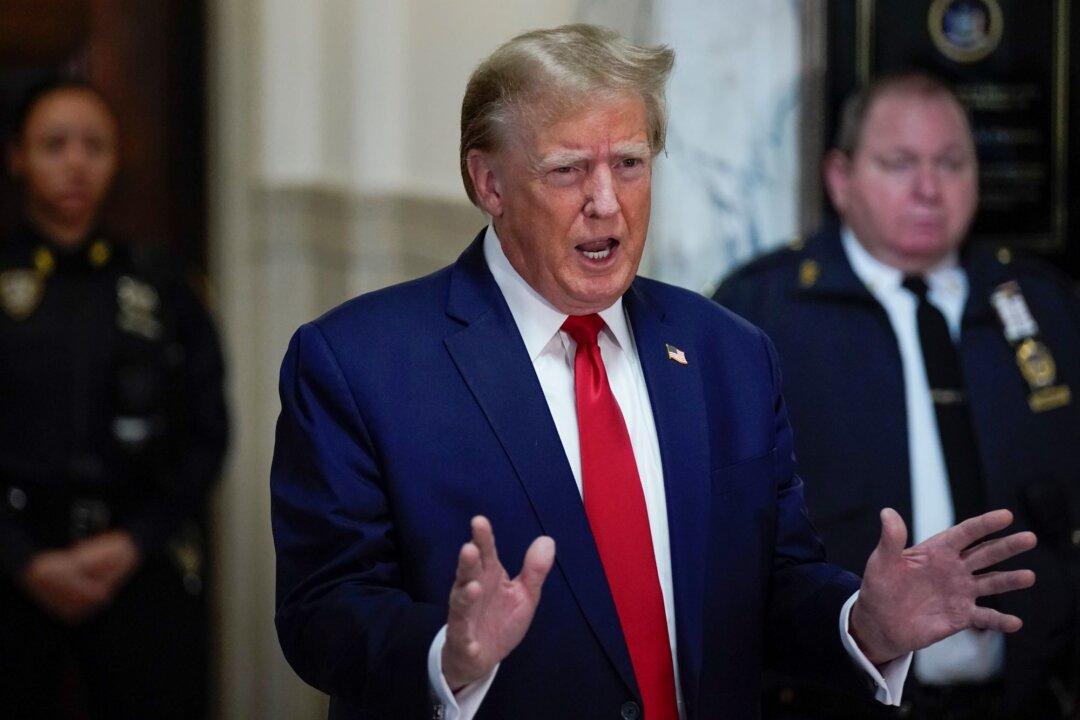Former President Donald Trump is appealing District of Columbia District Judge Tanya Chutkan’s rejection of his motions to dismiss his federal election interference case for reasons related to his constitutional rights and presidential immunity.
His legal team filed a notice of appeal on Dec. 7, along with a motion to stay proceedings in his D.C. case pending resolution of the appeal in the U.S. Court of Appeals for the D.C. Circuit.





